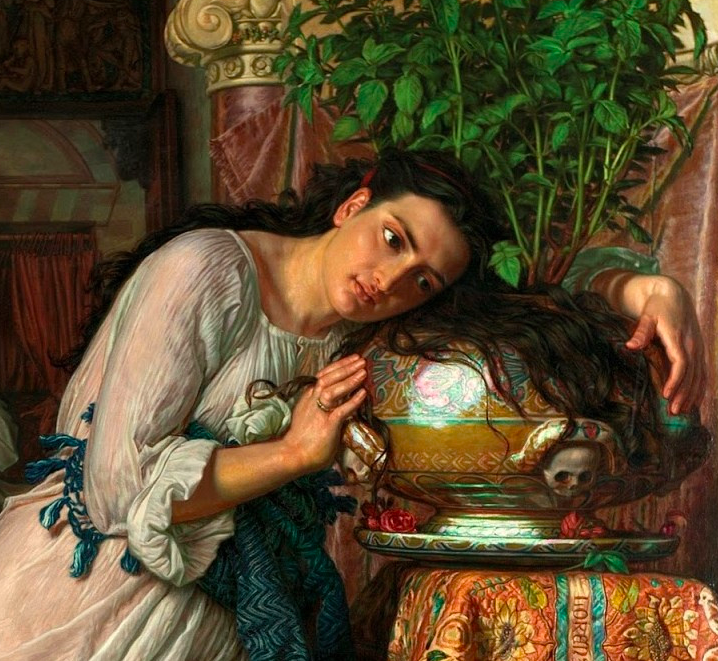As a kid never saw myself writing or reading for fun. Instead, I remember sitting in the back of my grandma’s car while she called out words for me to spell back to her. The back of my throat would burn while tears welled in my eyes. I hated grammar and spelling, and it seemed like it hated me back. The words never became easier for me. Every time I saw her, she would torture me with words like “precise” and “announce”. Over and over, time and time again, I would fail. When she babysat me, I would stare outside while she reviewed my homework. Longing to leave the kitchen counter to go run and play with my neighbors until dusk.
The words never magically clicked like all of the other kids in my class. Red marks still slashed across my page during spelling tests while my friends were moving forward. I was drawn to picture books and graphic novels while they were reading Nancy Drew and Goosebumps. It didn’t click in middle school or even high school. Not until I came to Wooster. Reading for my environmental classes didn’t seem like work. It was beautiful and engaging, and for the first time I read every single page. I wrote my thoughts down in the margins and absorbed every word. Writing papers became easy, even entertaining at times. Finally, I felt like was on pace with my classmates. Participating in discussion, asking questions. My exams and writing didn’t have red marker scribbled across the front. Writing and reading became part of my life, a part I had never connected with before. The deep sense of dread I use to feel in those car rides is replaced with a newfound perspective.


